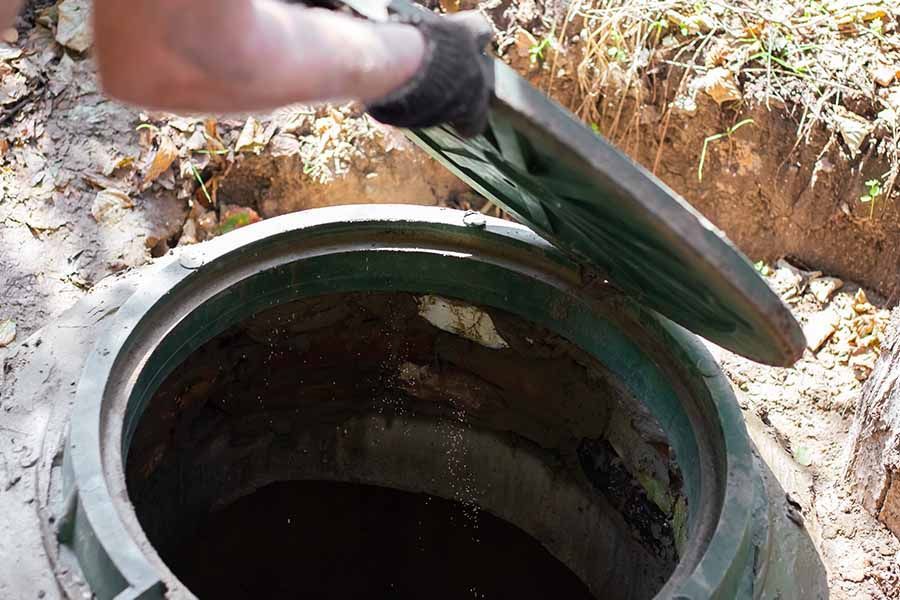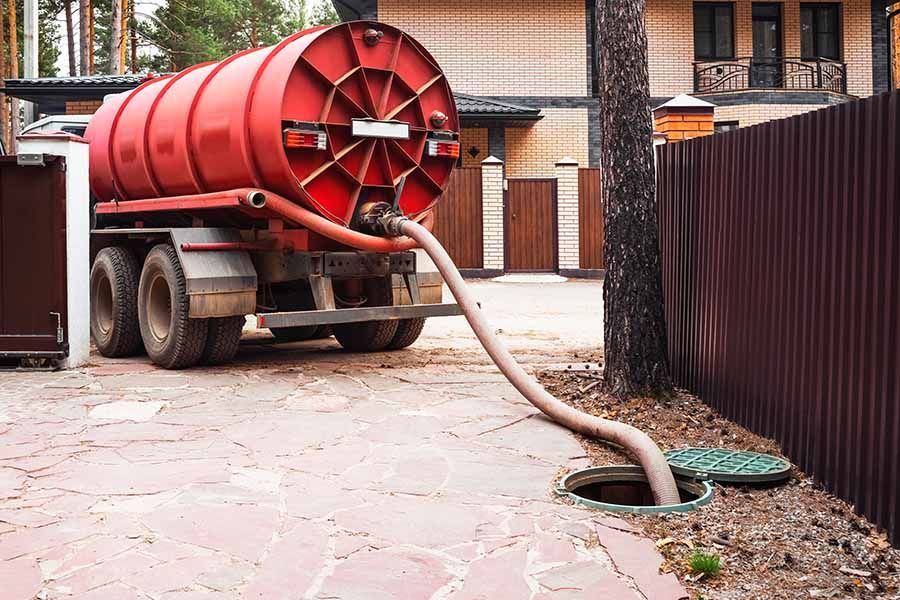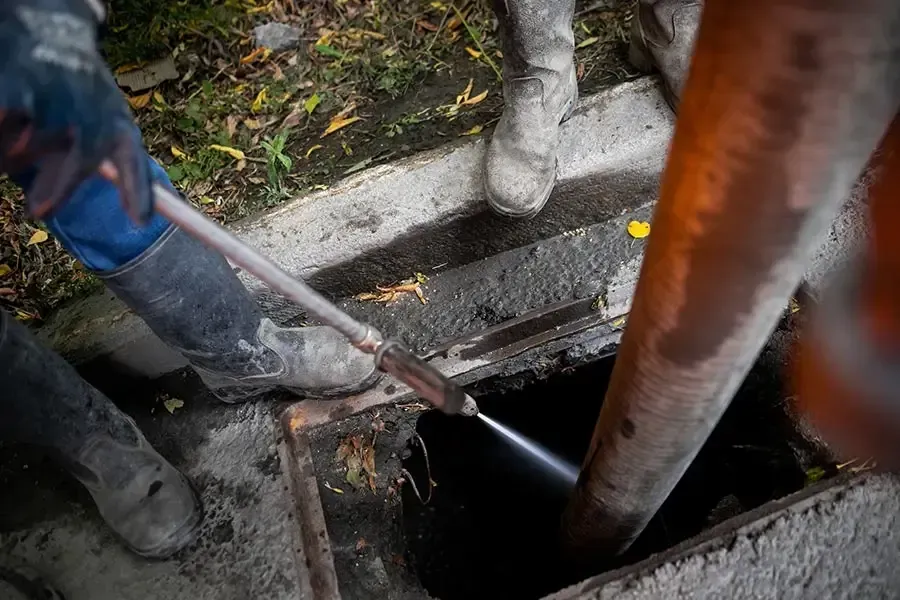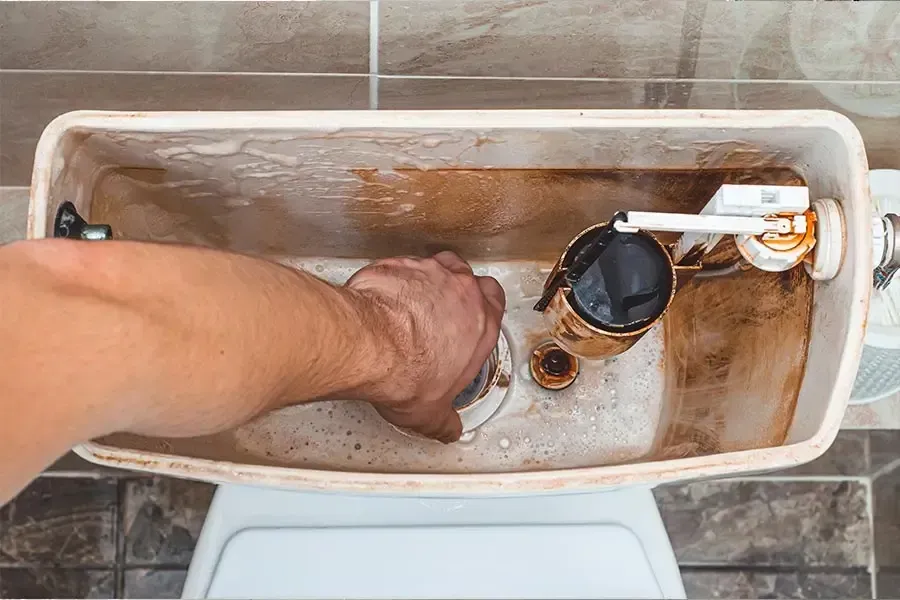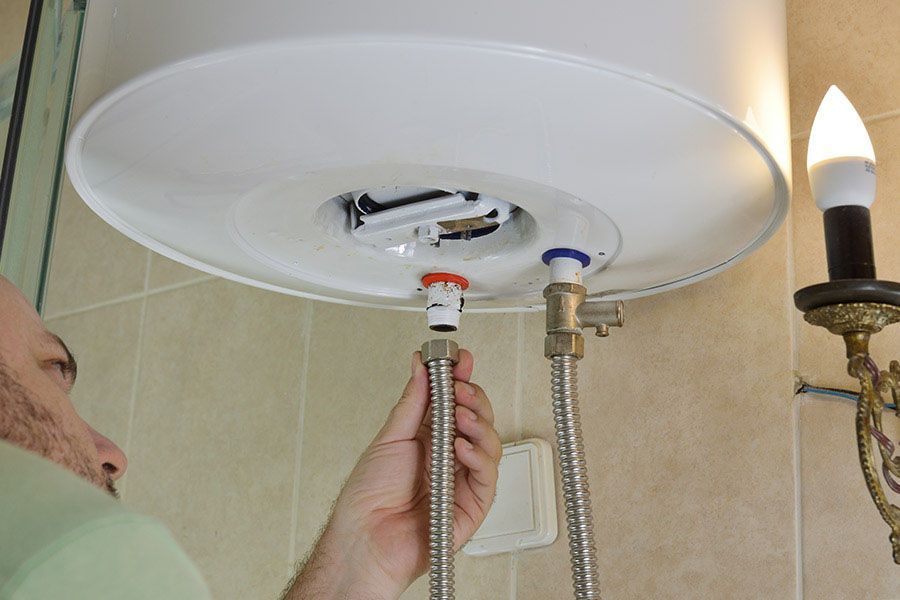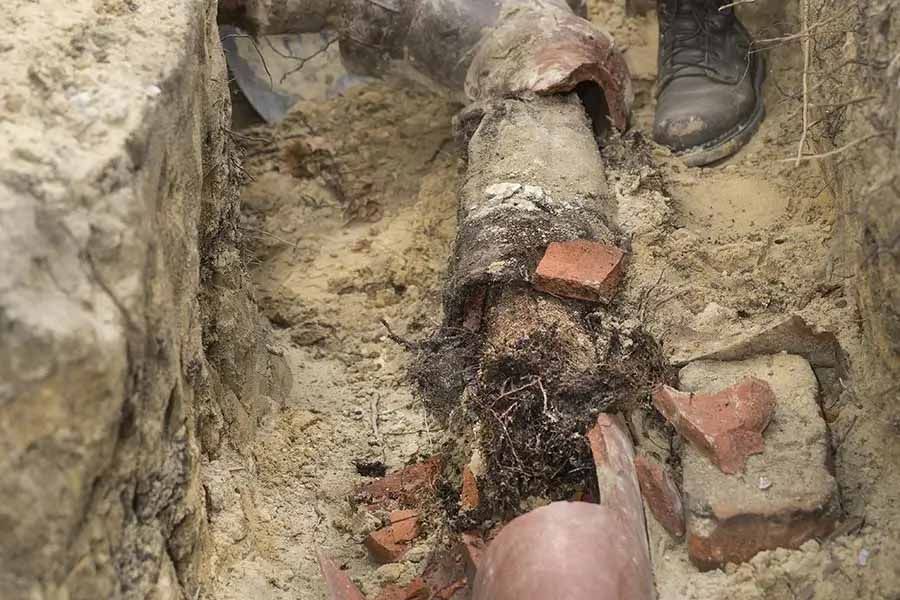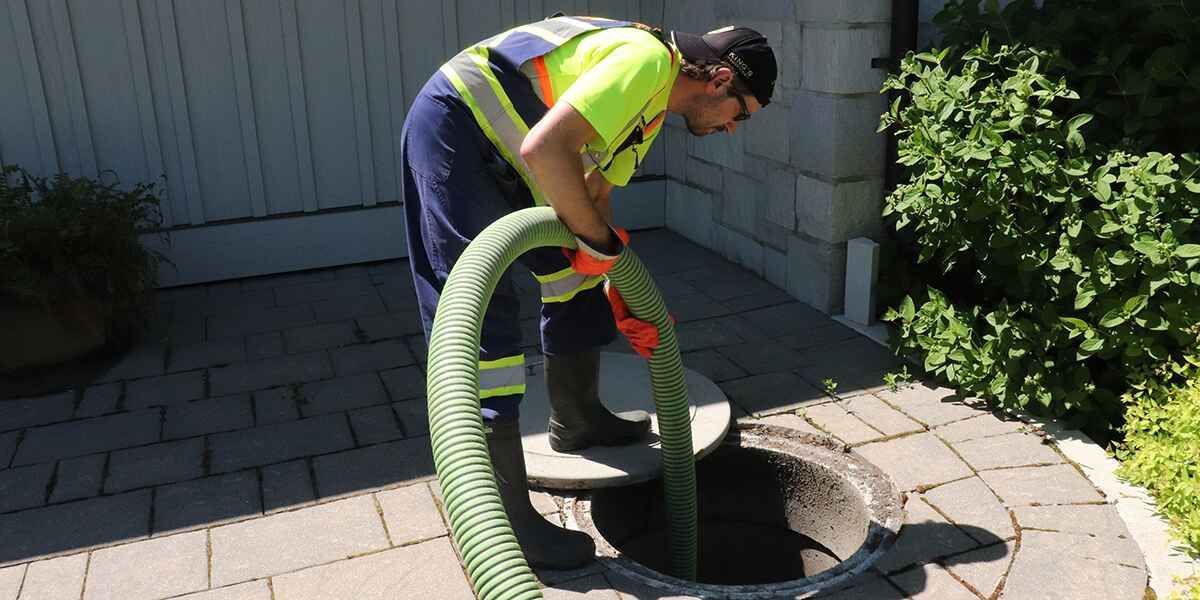
Sump pumps are valuable devices that prevent your basement from flooding during heavy rains or when a plumbing issue occurs. However, many Canadian property owners aren’t familiar with sump pumps and ask themselves, “Should there be water in my sump pump pit?” That’s why King's Services created a brief guide to teach residents everything they need to know about water in their sump pump pits.
King's Services is Winnipeg’s top-rated plumbing company. Our team has extensive experience installing, maintaining, and repairing plumbing systems of all shapes, sizes, and designs, making us your one-stop shop for all your plumbing needs. If you want premium plumbing services without the premium prices, contact King's Services.
What Is a Sump Pump?
Before you ask, “Should there be water in my sump pump pit?” you should understand what a sump pump is and how it works.
Sump pumps monitor water levels and prevent flooding in basements, crawl spaces, and other regions of a property. Each device has a pump that transports flood water inside or around your property into a safe drainage area. They are a lifesaver for flood-prone residences and prevent water damage that often costs hundreds or more to repair.
Sump pumps consist of two primary parts: A pump and a pit. The pump handles flooding while the pit stores excess water before disposal. So yes, it’s common for sump pump pits to contain some water after heavy rain or snowfall.
Sump pump pits feature a discharge pipe that disposes of water once it becomes too full. The pump pushes the water through the discharge pipe, clearing the pit without flooding your property.
Most sump pump pits are underneath a property’s foundation (usually in a basement or crawl space) and consist of concrete or durable material. They often range in size, some spanning several meters while others are less than a meter deep. It’s best to have a professional plumber assess your property and determine the best sump pump pit for your home or business.
How Do Sump Pump Pits Work?
When your property floods, the sump pump pit collects the water as the pump feeds it to the pit via a chamber. The sump pump chamber releases the water into the pit while protecting the pump from damage as it guides water.
The same process occurs when your basement floods. Once the sump pump’s float switches detect rising water levels, it automatically turns on and transports the water into the pit. After the pit reaches a specific level, it releases the water into a storm drain, dry well, or your property’s designated drainage area.
Should You Keep Your Sump Pump Pit Full of Water?
One of the most common questions sump pump specialists receive is, "Should there be water in my sump pump pit?"
Keeping some water inside your sump pump pit is best to ensure optimal performance. It keeps the pump active and prevents it from losing efficiency due to excessive idling. However, you don’t want the pit too full since it often causes more harm than good.
Excess sump pump pit water can cause the system to overload and potentially flood your basement or crawlspace. Too much water can also indicate a clog within the lines, preventing the unit from disposing of it when necessary. It can also signify the following.
- You installed the sump pump in the wrong location.
- Your property has a broken sewer line.
- Your property has a sprinkler system issue.
It’s best to check your sump pump pit weekly or every other week to ensure it maintains an ideal water level.
What Happens If My Sump Pump Pit Doesn’t Accumulate Water?
Dry sump pump pits often suggest that your property isn’t prone to flooding. Many people install sump pumps as a safety precaution just in case a flood occurs. However, if the sump pump pit doesn’t collect water, your property hasn’t experienced flooding.
Dry sump pumps are also more likely to break down due to a lack of moisture. The plastic and rubber components will dry out if the pit doesn’t have water, causing you to replace them to maintain functionality.
How to Prevent Your Sump Pump Pit from Overflowing
Novice property owners often don’t know how to prevent their sump pump pits from overflowing. While it's nearly impossible to determine when your system will overflow, you can take a few preventative measures to reduce the chances of it happening.
Below are some ways to prevent your sump pump pit from overflowing.
Keep the Sump Pump Clear and Clean
Maintaining your sump pump is one of the best ways to prevent overflows. Failing to maintain your sump pump is one of the most common reasons for malfunctions. Remove any debris around the device and clean it every few weeks.
Check the Valve’s Position
Sometimes, preventing sump pump pit overflows is as easy as checking the system’s valve. Most sump pump valves feature an arrow that points to or away from the device. If the arrow points towards the device, the sump pump can’t release excess water, causing the pit to flood.
Always ensure your sump pump’s valve points away from the system to ensure it can dispose of water when needed.
Install a Sump Pump Alarm
Sump pump alarms alert you when your pit is about to overflow. Installing one in your home is one of the best ways to prevent flooding and ensure your basement or crawl space remains flood-free.
Maintain the Impeller
Regularly maintaining your sump pump’s impeller will prevent clogs and will help it function at its highest efficiency level.
Contact King’s Services for High-Quality Sump Pump Services
Next time you ask yourself, “Should there be water in my sump pump pit?” or “Is a sump pump necessary for my property?” contact King’s Services. Our team will tell you everything you need to know about your sump pump while providing outstanding customer service to you and your family. Call King’s Services at 431-244-4966 and schedule your appointment today!



